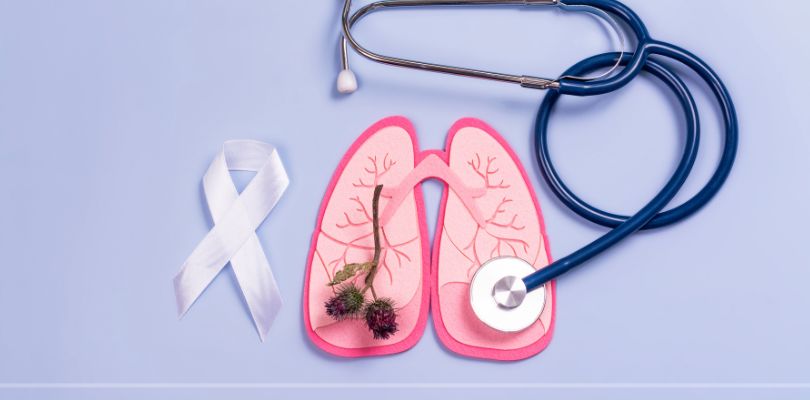Beverages to Bypass
Pneumonia is a serious lung infection that makes it hard to breathe and causes coughing, fever and chest pain. While medicine is key to treating pneumonia, what you drink can also help or hurt your recovery. Some drinks can make symptoms worse, while others can help you get better faster. We'll look at the worst drinks for pneumonia, the best ones to help you heal and some treatment options.
5 Worst Drinks for Pneumonia
1. Sugary Beverages
Sugary drinks like soda, sweetened teas and energy drinks can suppress the immune system, making it harder for your body to fight off infection. High sugar content can also lead to increased inflammation, which is harmful when dealing with pneumonia.
2. Alcohol
Alcohol can weaken the immune system and dehydrate the body, which is particularly dangerous when you're battling pneumonia. It can also interfere with medications commonly prescribed for pneumonia, reducing their effectiveness.
Energy drinks provide energy. But, people with ADHD have their own sense of vigor. Find out if ADHD and energy drinks go hand-in-hand.
3. Caffeinated Drinks
Caffeinated beverages like coffee, certain teas and energy drinks can lead to dehydration, which is counterproductive when trying to recover from pneumonia. Staying hydrated is crucial, and caffeine can have the opposite effect.
4. Dairy-Based Drinks
While there's no strong scientific evidence, some people believe that dairy can increase mucus production, which may worsen coughing and chest congestion during pneumonia. It's best to avoid milkshakes and other heavy dairy drinks when you're sick.
5. Cold Drinks
Cold beverages can sometimes irritate the throat and exacerbate coughing, which can be uncomfortable when dealing with pneumonia. It's better to opt for warm or room-temperature drinks that soothe rather than irritate.
5 Best Drinks for Pneumonia
1. Warm Water with Lemon and Honey
Warm water with lemon and honey can help soothe a sore throat and reduce coughing. Honey also has mild antibacterial properties, and lemon provides a boost of vitamin C to support your immune system.
2. Herbal Teas
Herbal teas, like ginger, chamomile or peppermint, are excellent choices when you have pneumonia. They help keep you hydrated, soothe the throat and some, like ginger tea, may have anti-inflammatory benefits.
3. Warm Broths
Chicken broth or other warm broths are great for staying hydrated and getting some nutrition when you're not feeling up to eating solid foods. They are easy to digest and help keep your body nourished.
4. Electrolyte Drinks
Drinks that are rich in electrolytes, like certain sports drinks (preferably low in sugar) or oral rehydration solutions, can be helpful, especially if fever or sweating has caused dehydration.
5. Water
Plain water is one of the best drinks to help with recovery from pneumonia. It keeps you hydrated, helps thin mucus and supports overall bodily functions.
Treatment Options for Pneumonia
Pneumonia requires prompt medical attention, and treatment typically includes:
Antibiotics
If pneumonia is caused by bacteria, antibiotics are prescribed to fight the infection. It's important to take the full course as directed by your healthcare provider.
Antiviral Medications
For viral pneumonia, antiviral medications may be prescribed, though treatment mainly focuses on managing symptoms.
Over-the-Counter Medications
Over-the-counter medications like pain relievers, fever reducers and cough suppressants can help manage symptoms. However, it's important to use these under the guidance of a healthcare provider.
Rest and Hydration
Getting plenty of rest and staying hydrated are essential for recovery. Your body needs time and resources to fight off the infection and proper hydration helps support this process.
Oxygen Therapy
In severe cases of pneumonia, oxygen therapy may be necessary to ensure your body is getting enough oxygen.
Pneumonia's Worst Enemies
When dealing with pneumonia, what you drink can significantly impact your recovery. Avoid sugary drinks, alcohol and caffeine, as they can worsen symptoms or interfere with treatment. Instead, focus on hydrating with water, herbal teas, warm broths and electrolyte drinks. Always follow your healthcare provider's treatment plan and get plenty of rest to help your body recover as quickly as possible.







